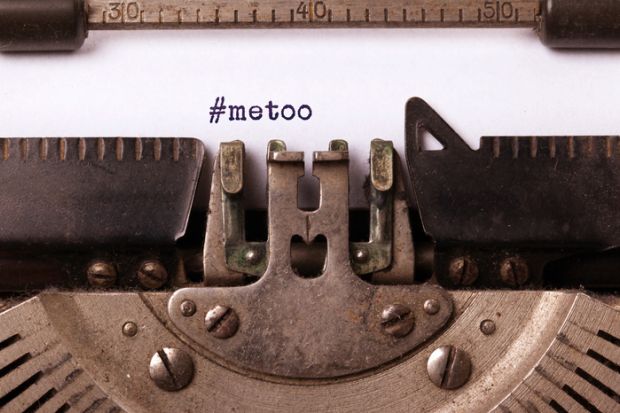Nearly half of female historians in UK universities who responded to a survey said that they had faced discrimination at work, and close to one in five reported having been a victim of sexual harassment.
The survey of 472 historians, conducted by the Royal Historical Society, also exposed a crisis of overwork in the discipline, with women significantly more likely to be affected than men.
Overall, 47.8 per cent of female respondents said that their working life had been affected by discrimination in the past five years, compared with 15.7 per cent of male historians. Sexual harassment had affected 18.2 per cent of women, compared with 5 per cent of men; and bullying was a significant issue, too, reported by 40.2 per cent of female historians, as against 33.9 per cent of their male counterparts.
The survey paints a picture of a discipline in which women’s opportunities are significantly limited by their gender. Nearly half (44.5 per cent) of female historians felt that they had been overlooked for promotion, and the majority (52.9 per cent) reported feeling “stuck” in certain roles. In comparison, about one in five men reported having been similarly affected (21.8 per cent on both questions).
Participation in decision-making in history departments emerged as being highly gendered: 31.9 per cent of women complained that their activities in this area were severely limited, compared with 16.8 per cent of men. Some 42 per cent of women felt that their views were silenced, compared with 15.1 per cent of men.
One issue that seemed near universal was overworking. Three-quarters (75.3 per cent) of all respondents said that they worked in the evenings “a lot” and two-thirds (66.9 per cent) worked at weekends, while nearly half (47.1 per cent) reported having given up annual leave. But, again, women suffered most: for example, weekend working was reported by 72.2 per cent of women, compared with 56.2 per cent of men.
Nicola Miller, chair of the society’s working group on gender equality, called on history departments to create more inclusive working environments.
“Historians continue to face gender-based discrimination and bias not only in their institutions of employment but also in the main vehicles of intellectual exchange in the subject: journals, conferences, seminars and learned societies,” said Professor Miller, professor of Latin American history at UCL.
Register to continue
Why register?
- Registration is free and only takes a moment
- Once registered, you can read 3 articles a month
- Sign up for our newsletter
Subscribe
Or subscribe for unlimited access to:
- Unlimited access to news, views, insights & reviews
- Digital editions
- Digital access to THE’s university and college rankings analysis
Already registered or a current subscriber? Login








